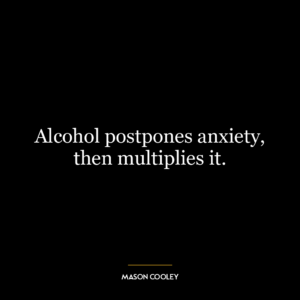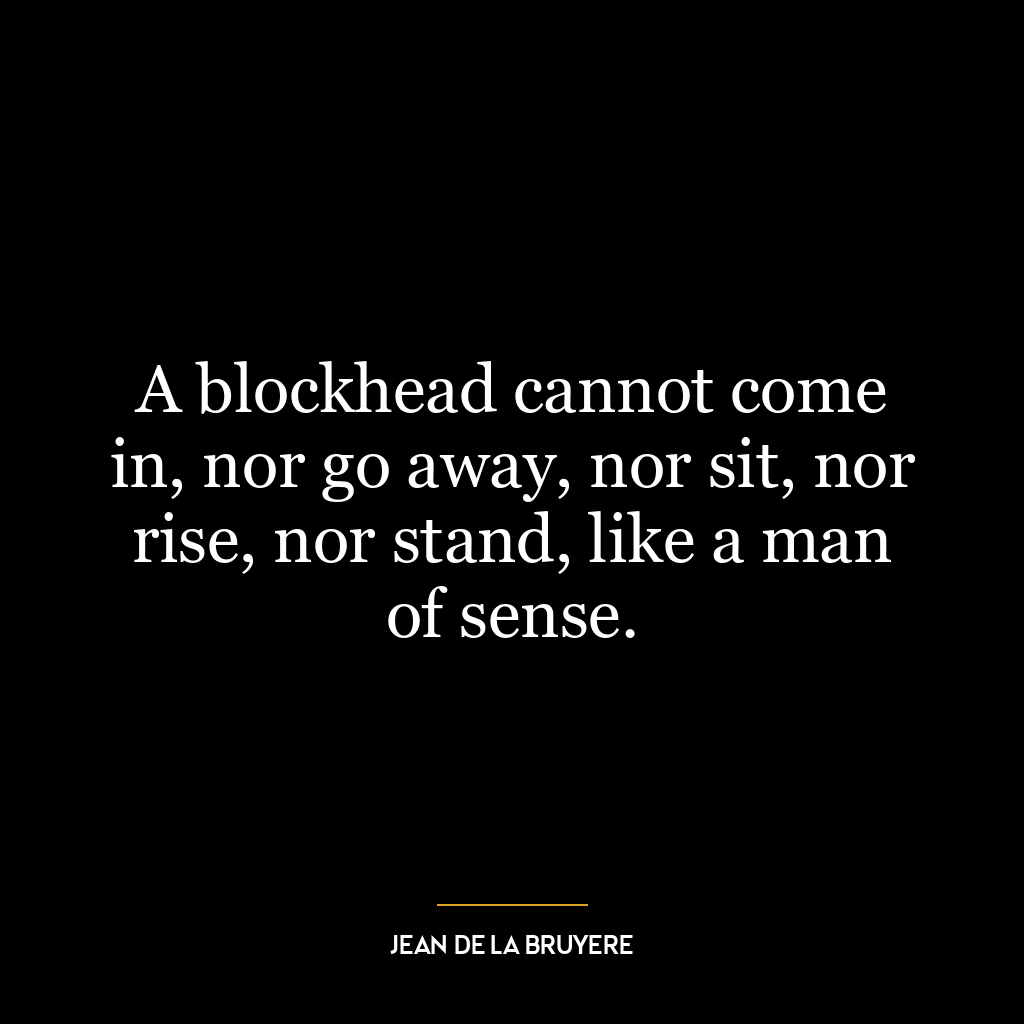This quote suggests that people who habitually complain tend to continue doing so regardless of the situation or context. They might change the subject of their complaints, but the overall time they dedicate to complaining remains constant. It reflects a pattern of behavior where the act of complaining becomes a habit or coping mechanism, rather than being tied to specific issues.
The quote underscores an important aspect of human behavior – that we are creatures of habit and our behaviors often persist despite changes in circumstances. Complainers, as per this quote, are individuals who have ingrained complaining into their behavioral patterns so deeply that it has become independent from what they’re actually complaining about.
In today’s world, this idea can be applied in various contexts such as workplaces and social settings where we often encounter people who constantly complain about different things. Understanding this pattern can help us better manage our reactions towards complainers by recognizing that it’s not necessarily about the issue at hand but more about their habitual need to express dissatisfaction.
In terms of personal development, understanding this concept could lead to greater self-awareness and growth. If one recognizes themselves as a chronic complainer, understanding that it is more about a habitual tendency than individual problems could motivate them to break out from these patterns and cultivate more positive habits like gratitude or solution-oriented thinking.
Moreover, for those dealing with chronic complainers in personal relationships or professional environments, recognizing this behavioral pattern can foster empathy and patience. Instead of getting frustrated with constant negativity or trying fruitlessly to solve every complaint made by such individuals, one might choose strategies like redirection towards constructive conversation or setting boundaries around negative discussions.












